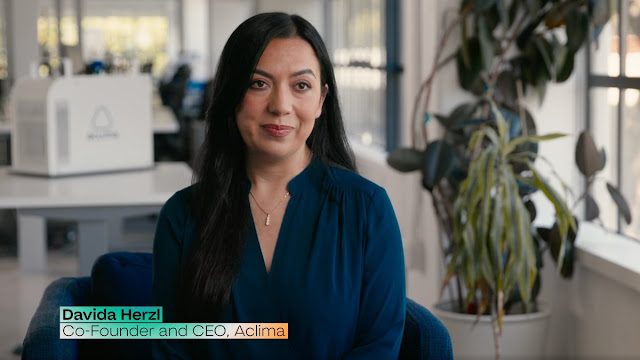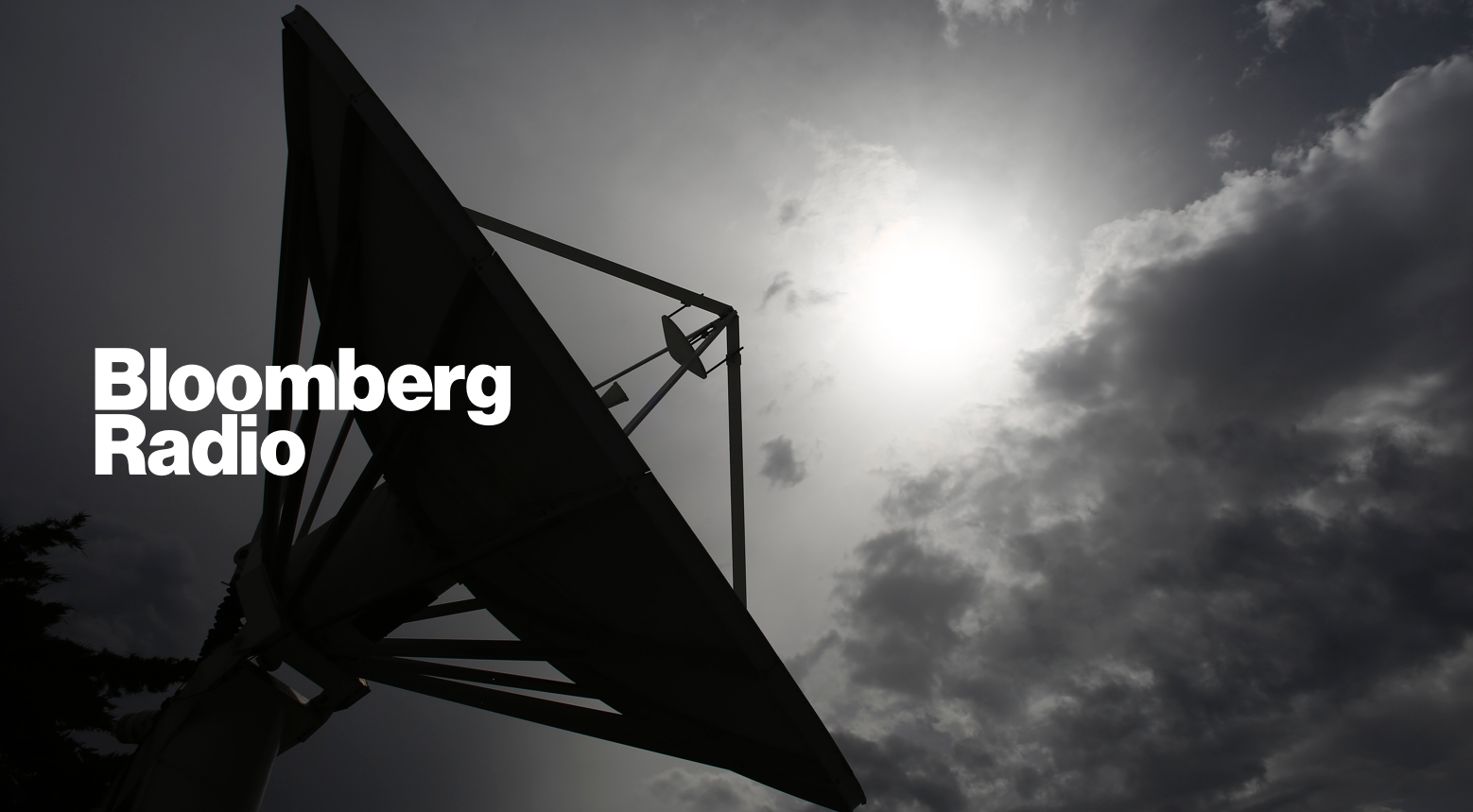First note this issue - it is something that your Mesazono blogger finds frustrating almost all the time here in Arizona -
It
is important to know the air quality in a specific location, because
that can help decide what preventative measures to take to avoid being
exposed to poor air quality levels. Though there are open source sites
such as AirNow and IQAir
that tell you air quality by city, until recently, there still lacked
data on a micro level that would allow officials to address air quality
on the same scaled-down level.
✓
✓ MAIN STORY (with related content added,)
Silicon Ceiling - Motherboard
Supported by Upwork. VICE News retains complete editorial independence.
Air pollution is one of the greatest environmental hazards that is both detrimental to our health and our planet. In 2019, 99 percent of the world population was living in places that did not meet the World Health Organization’s air quality guidelines.
It is important to know the air quality in a specific location, because that can help decide what preventative measures to take to avoid being exposed to poor air quality levels. Though there are open source sites such as AirNow and IQAir that tell you air quality by city, until recently, there still lacked data on a micro level that would allow officials to address air quality on the same scaled-down level.
Davida Herzl decided to address this gap by founding Aclima in 2007, a San Francisco-based startup that has pioneered a new way to map and analyze air pollution and greenhouse gasses. In the first episode of a new documentary series by Motherboard called “Silicon Ceiling,” we spoke with Herzl about her mission and journey in launching Aclima.
“At Aclima we’re putting air pollution and greenhouse gasses on the map at hyperlocal resolution and scales that have never been possible before,” Herzl told Motherboard. “We do this with a fleet of vehicles that we instrument with sensors that measure a wide variety of pollutants to create the richest ever picture of the air that we breathe and live in. We have the largest fleet of its kind on the planet mapping air in cities across the countries and around the world.”
Aclima sends drivers around neighborhoods with cars equipped with an inlet that samples air, draws it through a set of tubes, and brings it to sensing devices, which then provide measurements that are stitched together to create the maps.
In July, New York became the first state to team up with Aclima to quantify air pollution and greenhouse gasses like methane and toxins on an unprecedented scale. Aclima is measuring pollutants, gasses, and toxins block by block, in order to “inform New York’s actions, in collaboration with their partners, to reduce emissions and help address health burdens and inequities in communities disproportionately impacted by air pollution,” according to a press release. The data that Aclima gathers is thus allowing cities to respond to air pollution on a micro-level that addresses the fact that air pollution can even vary from neighborhood to neighborhood.
“New York is creating a new model for the nation and the world that turns crisis into opportunity, lifts people up while drawing down emissions, and brings together the best ideas from frontline communities, the private sector and policymakers,” Herzl said.
Herzl also spoke about the difficulties of being a female founder in the male-dominated industry of tech. She said that getting funding from venture capital companies was hard, because the amount of women getting funding is less than two percent, and half a percent goes to women of color.
“One of the secrets to raising the amount of money that we have is that I went to diverse investors,” Herzl told Motherboard. “We have a significant amount of investors that are either women or funds that are led by women, and so diversity in the Venture Capital community itself is a critical ingredient to getting more money into companies run by women.”
Herzl decided to pivot her attention from investors to customers in another response to the lack of adequate funding. One of Aclima’s first partnerships was with Google in 2015 to deploy the world’s largest indoor sensor network. They worked together to create the first ever indoor environmental sensor network in 21 Google offices across the world, that processed 500 million data points on indoor environmental quality, including comfort measures of temperature, humidity, noise, and light, and emissions like carbon dioxide. Four months after this partnership, Google equipped its Street View cars with Aclima’s mobile sensing platforms to take air measurements in cities starting with Denver and San Francisco.
Herzl wants her story to inspire other female founders to keep pushing through barriers, no matter how difficult it may seem.
“My advice to other women founders is to take the leap. Your values, your vision for the world is needed,” she said. “Technology ultimately, who builds it and why they built it, matters. It defines the future of our world, and when it comes to climate, it’s that much more critical that women entrepreneurs are at the front, and that we’re really helping to shape the futur




No comments:
Post a Comment